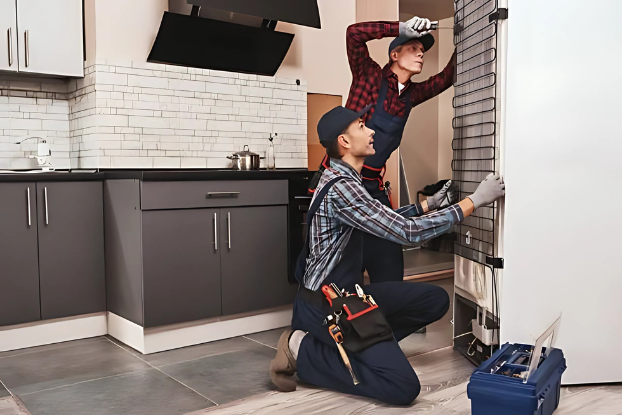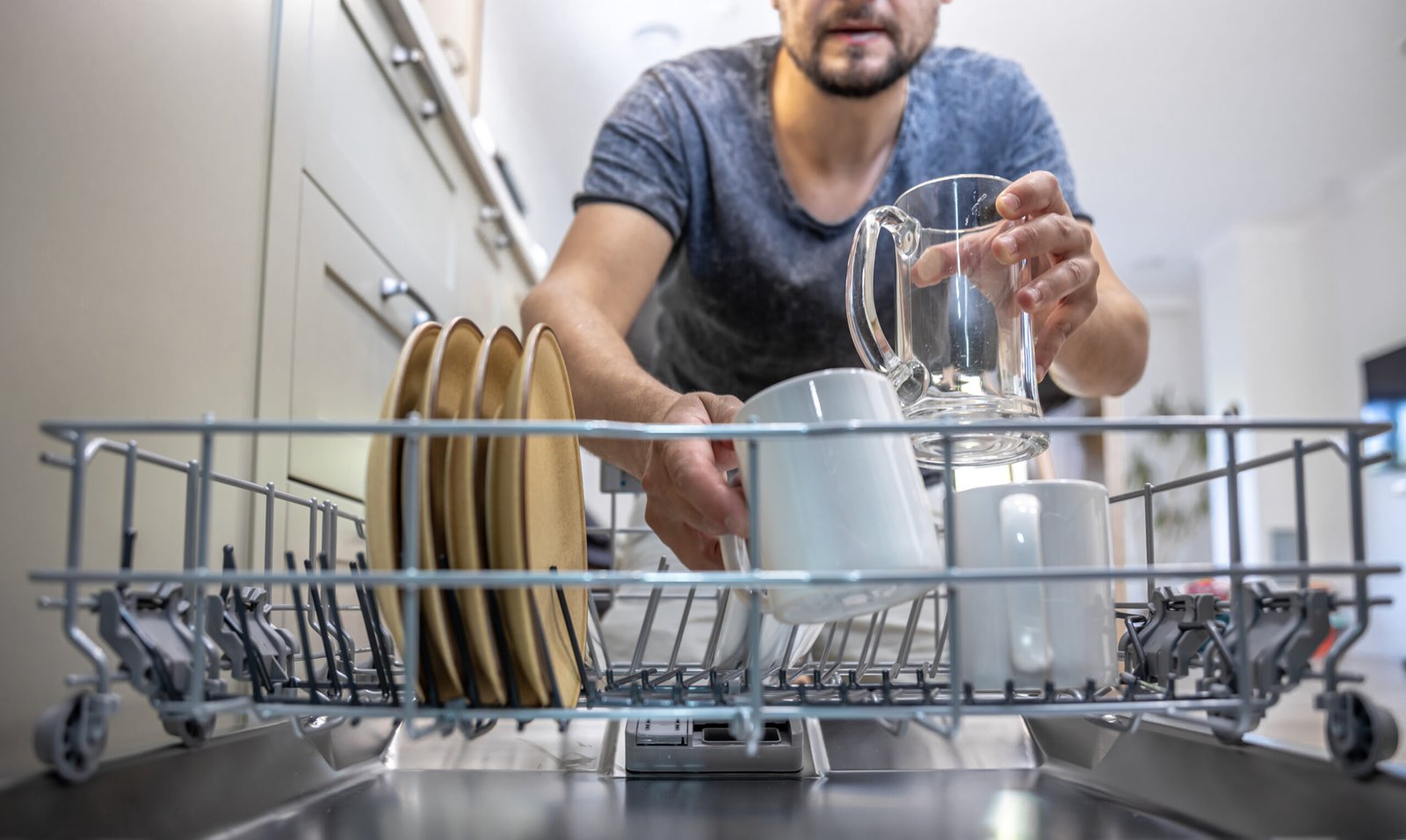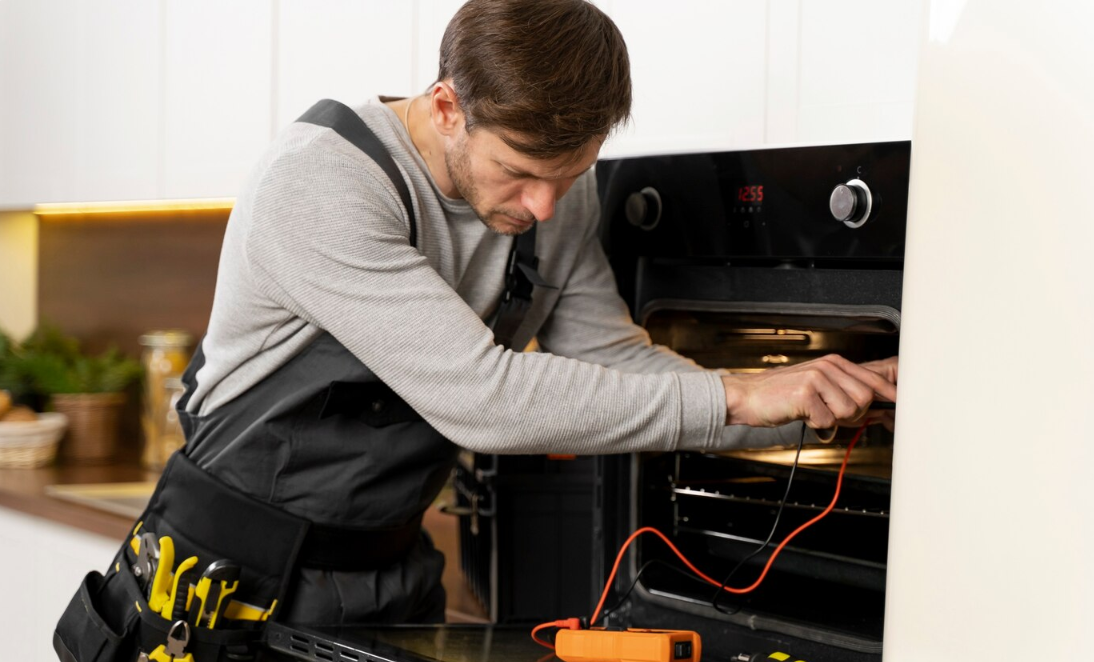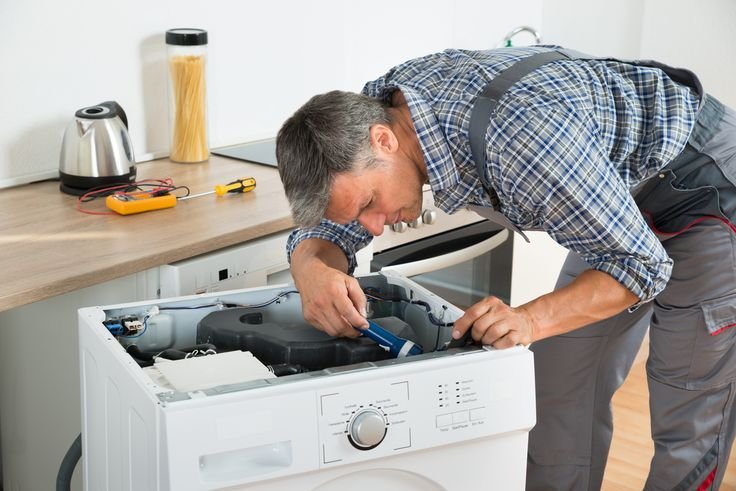You’re halfway through making dinner when your stove decides it’s done for the day, no warning, no second chances. Sound familiar?
Appliances don’t come with a countdown clock, but wouldn’t it be great if they did? If your stove has been acting up, heating unevenly, taking longer to cook, or randomly shutting off, you might be wondering: is it time to repair or replace it?
Interestingly, 95% of homeowners have experienced a major appliance breakdown at some point, with over 40% encountering issues within the past year.
In this guide, we’ll walk you through how long stoves actually last, the red flags that scream for professional help, and how to make smart choices recommended by small appliance repair Kelowna BC professionals, that save money and keep your kitchen running smoothly.
How Long Should a Stove Last?
The lifespan of a stove varies depending on its type and how well it’s maintained:
- Gas Stoves: Typically last about 15 years.
- Electric Stoves: Generally have a lifespan of up to 13 years with proper maintenance.
- Wood-Burning Stoves: Can last anywhere from 10 to 20 years or longer, depending on usage and care.
- Smart Stoves: With good care, their lifespan is typically 13-15 years, though this varies based on model and daily use.
Regular maintenance and timely repairs, including Samsung appliance repair Kelowna, can extend the lifespan of these appliances. But certain signs indicate when replacement is necessary.

Warning Signs That Your Stove Is Begging for Appliance Repair Service
Stoves don’t just stop working overnight. Most of the time, they drop little hints that something’s off. Ignoring these early signs can lead to bigger problems and even safety risks. Let’s look at the most common red flags that your stove might need some professional attention:
Stove Heats Unevenly
One burner runs hot, the other barely warms your pan. If your food keeps coming out overcooked on one side and raw on the other, that’s not just a cooking error, it’s a warning sign.
Uneven heating often means something’s wrong with the internal heating elements or the stove’s temperature sensors. Left unchecked, this can lead to burned meals, wasted energy, and the frustration of never knowing what result you’ll get.
Some Burners Stop Working
When a burner won’t light or refuses to heat up, it could be a simple issue like a clogged port. But if cleaning doesn’t solve it, there might be a deeper problem, like a worn-out igniter in a gas stove or a failed element in an electric one.
If more than one burner stops working, it could point to a wiring issue or a faulty control board. In any case, it’s not something you want to ignore, especially if your cooking routine relies on multiple burners.
Weird Noises
Stoves aren’t meant to be noisy. Clicking sounds could mean the igniter is stuck or malfunctioning. A buzzing or humming noise might point to electrical problems or an overloaded circuit.
These sounds can start subtly and grow over time, and they often hint at failing components that are about to give out completely. If your stove’s starting to sound more like a machine shop than a kitchen appliance, it’s time to have it checked.
Strange Smell Every Time You Cook
A burning smell when the oven’s empty or the scent of gas in the air is a red flag you should never ignore. These could signal anything from a food spill burning on a hidden surface to something far more serious, like a gas leak or overheating electrical parts.
If you ever smell gas, open a window, turn off the stove immediately, and call for help. These smells aren’t just unpleasant, they can be dangerous.
Can’t Keep a Steady Temperature
You preheat the oven to 375°F, but it only gets to 250°F, or worse, it keeps climbing without stopping. When your stove can’t hold a consistent temperature, you’re left playing a guessing game every time you cook.
This could be due to a faulty thermostat, a broken sensor, or even issues with the control board. Temperature inconsistency not only ruins recipes, it can also lead to overheating and serious internal damage.

Control Panel Issues
When your stove’s buttons or touch controls stop responding, or you see mysterious error codes flashing on the display, it’s likely a sign that the electronic components are failing. Modern stoves rely heavily on digital controls, so when these go haywire, you’re left with an appliance you can’t rely on.
When to Consider Replacing Your Stove
While many stove issues can be repaired, there are situations where replacement is the more practical option:
Your Stove Is Over 15 Years Old
Most stoves are built to last around 13 to 15 years. If yours has been in the kitchen longer than your teenager has been alive, it’s probably reaching the end of its useful life. Even if it still turns on, internal parts may be wearing down.
And older models often lack safety features, efficiency, and reliability. At this stage, you’re not just fighting wear and tear, you’re battling outdated technology.
You’re Paying for Appliance Repair Service Again and Again
If you’ve called in more than one repair in the past year, or are constantly replacing parts, it’s a sign your stove is no longer cost-effective. Repairs may seem cheaper short-term, but they add up fast.
If you’re constantly shelling out $100 here, $200 there, you might be spending more than the price of a brand-new, trouble-free stove without even realizing it.
The Stove Poses a Safety Risk
Gas smells, short circuits, or burners that spark unpredictably aren’t just inconvenient, they’re dangerous. If you’ve had repeated problems with gas leaks, flickering flames, or tripped breakers, stop patching the problem and start protecting your household. Your safety is worth far more than squeezing a few extra months out of a failing appliance.
Your Utility Bills Are Higher Than Usual
An older stove may not be obviously broken, but it can still cost you. As parts age, they tend to work harder to do the same job, using more electricity or gas in the process. Newer models are built with energy efficiency in mind. If you’ve noticed your utility bills creeping up without a clear cause, your stove could be the silent culprit.
Your Stove No Longer Meets Your Needs
Do you still have to guess the temperature because there’s no digital display? Or maybe your burners only offer “high” and “kind of high”? Older stoves often lack precision and smart features that modern cooks rely on, like convection cooking, induction burners, or programmable timers.
Maintenance Tips to Extend Your Stove’s Lifespan
Regular maintenance can prolong the life of your stove:

Clean Regularly
Keep burners and oven interiors clean to prevent buildup that can affect performance.
Inspect Components
Regularly check burners, knobs, and electrical connections for signs of wear or damage.
Use Proper Cookware
Using the correct size and type of cookware can prevent damage to burners and heating elements.
Avoid Overloading
Don’t place heavy items on the stove that can damage the surface or components.
Schedule Professional Inspections
Having a professional inspect your stove periodically can identify and address issues before they become major problems.
Conclusion
Your stove is one of the hardest-working appliances in your home. By understanding how long stoves typically last, spotting early signs of trouble, and staying on top of maintenance, or calling in trusted Kelowna small appliance repair professionals when needed, you’ll be in a much better position to avoid surprise breakdowns and make smart, cost-effective choices when problems arise.
Still, some stove issues require more than just a DIY fix. If you’re noticing inconsistent heat, strange smells, unresponsive burners, or anything that just feels “off,” it might be time to call in the experts.
That’s where Advanced Appliance Repair comes in. We’ve helped countless Kelowna homeowners keep their kitchens running smoothly with honest advice, skilled repairs, and fast service. Contact us now!









18 Responses
Your writing creates a gentle resonance, a hum of thought and feeling that persists beyond the page, inviting the reader to dwell in reflection and subtle awareness.
Cassino Online Pin Up is where I go when I need a quick escape. It’s got that fun retro look I like, plus a decent variety of games to keep things interesting. I can spend hours there without realizing it sometimes! You should try it here’s their website: cassinoonlinepinup
888jogosbet é confiável. Boas opções de apostas em diversos esportes. Plataforma fácil de usar, recomendo 888jogosbet.
77betvip is alright. VIP program seems decent, might be worth looking into if you’re a high roller. Find it there 77betvip
I am sure this post has touched all the internet viewers, its really really nice article on building up new web site.
I am sure this paragraph has touched all the internet viewers, its really really pleasant piece of writing on building up new weblog.
I cling on to listening to the reports lecture about receiving boundless online grant applications so I have been looking around for the finest site to get one. Could you advise me please, where could i get some?
Ahaa, its pleasant discussion concerning this article here at this weblog, I have read all that, so at this time me also commenting here.
Oi, RollEm88 is alright if you’re after something different. The interface is easy on the eyes, and I had no issues navigating. But always keep it fun you know? rollem88
Luckybetlogin is so convenient. Its easy to access my account quickly with the login portal. Check out their range of offerings after you hop on! luckybetlogin.
Alright, poker fans, listen up! 17winpkrgame seems like it’s all about the cards. Decent graphics and a promise of some real competition. I’m in. Let’s see what you’ve got 17winpkrgame!
Hi! I’ve been following your blog for a long time now and finally got the courage to go ahead and give you a shout out from Kingwood Tx! Just wanted to mention keep up the fantastic work!
Everyone loves what you guys tend to be up too. This sort of clever work and reporting! Keep up the very good works guys I’ve incorporated you guys to my own blogroll.
As a Newbie, I am permanently exploring online for articles that can be of assistance to me. Thank you
Aw, this was an exceptionally nice post. Spending some time and actual effort to make a top notch article… but what can I say… I procrastinate a whole lot and never seem to get nearly anything done.
I don’t ordinarily comment but I gotta state thank you for the post on this amazing one :D.
Your mode of explaining all in this article is in fact pleasant, all be capable of effortlessly understand it, Thanks a lot.
I will right away clutch your rss as I can not to find your email subscription link or e-newsletter service. Do you have any? Kindly permit me recognize so that I could subscribe. Thanks.